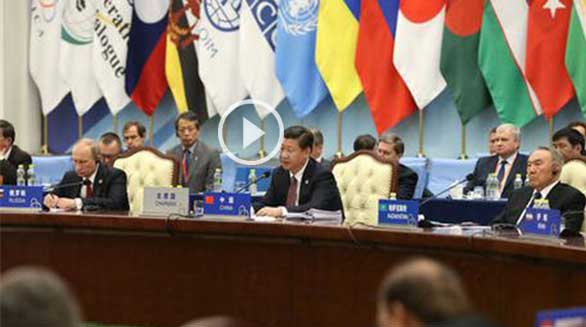政府采购法律和政策(二):加拿大(中)
The only provincial leader to immediately respond positively to the Prime Minister’s request for support of a bilateral agreement on government procurement was the Premier of Quebec.[43] Quebec’s support for the Conservative federal leader was not unexpected because even though it has a Liberal government, Quebec has traditionally been the strongest supporter of NAFTA, in part because it has a relatively large manufacturing base. The group that generally opposed the Prime Minister’s request most vocally was organized labor. For example, in August 2009, the president of the Canadian autoworkers called on the other premiers to reject federal proposals that would eliminate or restrict the provinces’ right to establish purchasing policies intended to benefit the Canadian economy.[44] The diverse labor groups he represented issued a statement, which read as follows:
Rather than attacking these successful and popular “Buy American” policies, Canadian governments should increase and speed up funding for public infrastructure projects and attach “Buy Canadian” conditions to the funding.[45]
We oppose expanding NAFTA to cover all sub-national procurement and the related effort to negotiate a “free trade” deal with the European Union that would also bind sub-national governments to NAFTA-like restrictions. This approach would drain needed stimulus from the Canadian economy, worsen the current crisis in manufacturing and interfere with provincial governments’ authority to provide and regulate local services.
This statement was signed by the Canadian Auto Workers, the Canadian Labour Congress, the Canadian Union of Public Employees, the United Steel Workers, six provincial and territorial Federations of Labour, and five other labor organizations.[46] One issue the statement does not discuss is the extent to which organized labor believes that Canadian manufacturers are currently benefiting from provincial and municipal “buy Canadian” policies or programs.
On December 4, 2009, the Canadian Press reported that “a deal on the Buy American trade dispute is still a long way off … but progress is being made on new rules regarding the implementation of the protectionist provisions that could ultimately benefit Canada.”[47] However, on January 28, 2010, the National Post ran a story entitled “End Near for ‘Buy American.’”[48] This article stated as follows:
Sources within the Obama administration say that an agreement to fix Buy American is close to being concluded and could be announced within days. The President is said to be resolved that future economic growth can only be achieved by boosting exports and keeping markets open, rather than by raising tariff walls.
Because Mr. Obama cannot rely on Congress to pass legislation exempting Canada from Buy American provisions, the complicated deal will rely on the President using his executive power to treat sectors of the Canadian economy as American, by claiming supply chains are so integrated they cannot be separated.
When confirmed, the agreement will be a major relief for Canadian companies doing business in the United States, not to mention for U.S.-based companies who export north of the border. The U.S. Recovery and Reinvestment Act included sections that all iron, steel and manufactured goods used in projects paid for by stimulus funding must be sourced in the United States.[49]
The information contained in this article was not immediately confirmed by government officials or reported by other news organizations. However, on February 5, 2010, a number of news organizations reported that a deal on the Buy American provisions is to be announced soon. According to Paul Viera of the National Post, in return for opening their markets, the Canadian suppliers will have access to the government procurement market and will be able to bid on programs and projects funded by the ARRA in the thirty-seven states covered by the AGP. However, the provinces will reportedly retain restrictions on foreign bids in the fields of health care, education, and correctional facilities. While the deal is reportedly limited to programs and projects funded by the ARRA, negotiations on a broader agreement are continuing.[50]













